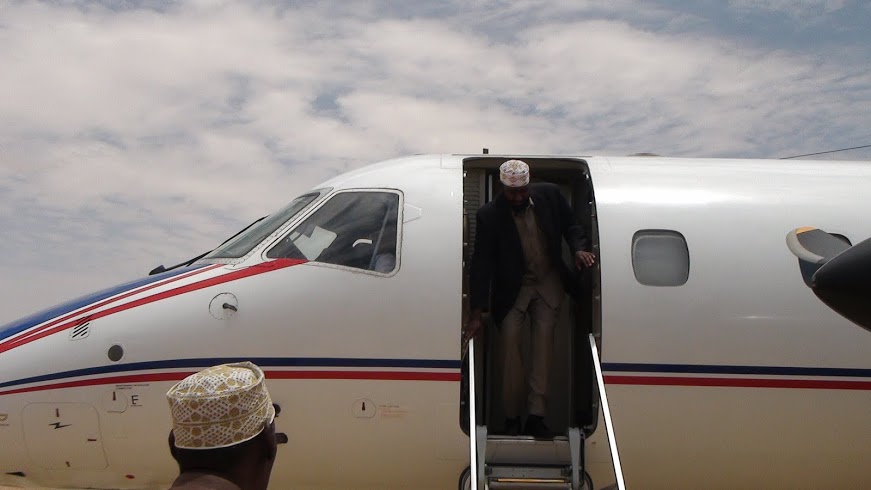
personnel in Mogadishu in response to a U.N. Uganda plans to send about 400 extra troops to protect U.N.

#EDEM WOSORNU SERIES#
In the past few weeks, Mogadishu has been hit by a series of suicide bombs, including an attack on the president’s compound on Feb. The security situation remains precarious. compound when it was attacked, she said, and as a result of the attack OCHA reduced its staffing in the capital to two.

OCHA had 22 staff based in Mogadishu at the time, including nine international staff. “June 19 was a categoric blow,” said Wosornu. compound in Mogadishu in June last year, which killed at least 22 people, proved a game changer. Humanitarians expanded their presence in Mogadishu after al Shabaab was driven from the city, relocating staff who had been working out of neighbouring Kenya.Īn attack on the main U.N. You were driving in Casspirs with Amisom and you knew that you were in a sort of war zone.” “It’s even worse than when al Shabaab was in control of a majority of the districts in Mogadishu because you knew which areas not to go to and you knew which areas were so-called secure. “I have been covering Somalia for the last three years and this is the worst it’s been,” Wosornu said.

The militants are still able to hit targets in government-controlled parts of the capital, and across the region, at will. This makes it very hard for aid workers to help nearly 370,000 internally displaced people (IDP), mainly women and children, living in squalid camps scattered around Mogadishu and terrorised by the militias that run them, Edem Wosornu, acting head of office for OCHA (Office for the Coordination of Humanitarian Affairs) Somalia, told Thomson Reuters Foundation.Īl Shabaab ruled most of southern Somalia from 2006 until 2011, when African Union Mission in Somalia (Amisom) forces drove them out of Mogadishu and other urban areas. NAIROBI (Thomson Reuters Foundation) – It is more dangerous for humanitarians to work in the Somali capital today than it was when parts of the city were controlled by the Islamist militant group al Shabaab, a senior United Nations official said.


 0 kommentar(er)
0 kommentar(er)
